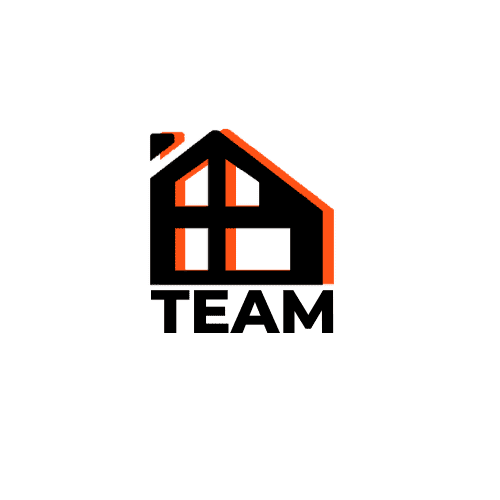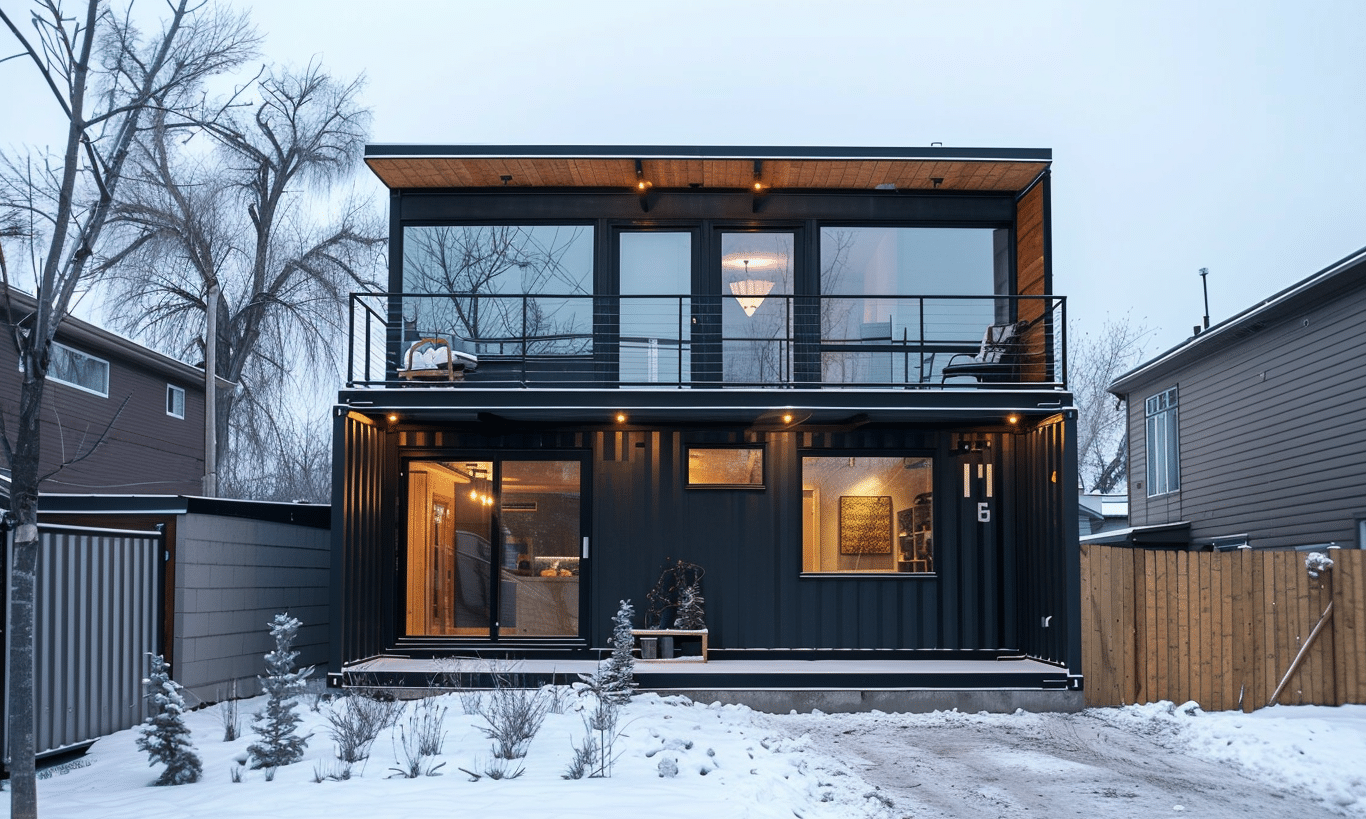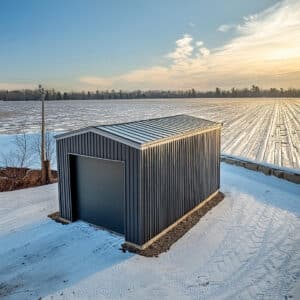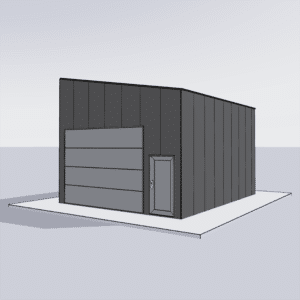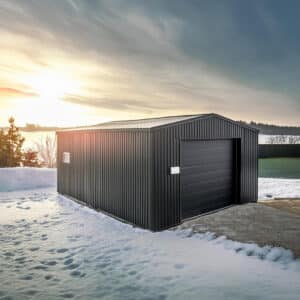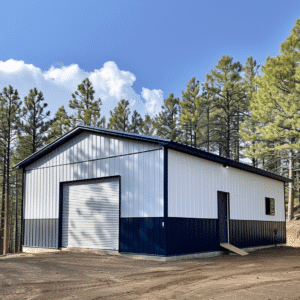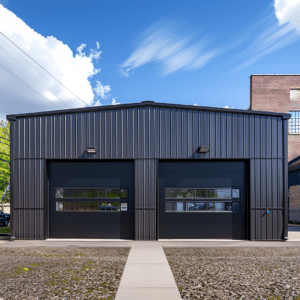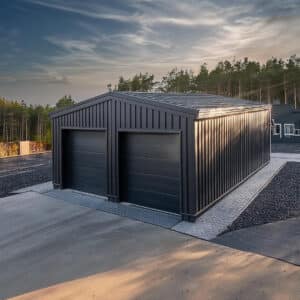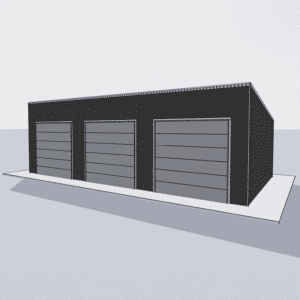Seismic Safety and Beyond: Designing Industrial Steel Buildings for Extreme Conditions
In our ever-changing world, where nature’s unpredictability is ever-present, the design and construction of industrial steel buildings must rise to the occasion. What does it take to ensure that these formidable structures can withstand the wrath of seismic events, windstorms, heavy snow loads, or any other extreme conditions thrown their way? The secret lies in innovative engineering, steel’s natural strength, and a meticulous focus on seismic safety and beyond.
Understanding Seismic Safety in Industrial Steel Buildings
In essence, seismic safety refers to the ability of a structure to endure earthquakes without suffering significant damage or posing a risk to the safety of its occupants. However, the discussion doesn’t stop at earthquakes—designing for extreme conditions demands a broader outlook. Steel’s intrinsic properties make it a prime candidate for ensuring safety and durability amidst such challenges, turning industrial steel structures into bastions of reliability and resilience.
The Role of Steel in Enhancing Seismic Safety
Steel is lauded for its exceptional strength-to-weight ratio, ductility, and flexibility. These characteristics enable industrial steel buildings to endure lateral forces generated by earthquakes without succumbing to catastrophic failures. The ability of steel to deform and absorb energy prevents rigid breaks, allowing the structure to sway gracefully with seismic waves while maintaining its integrity. To deepen your understanding, consult the Industrial Steel Structures, 2nd Edition, an industry-leading resource detailing the nuances of steel’s seismic performance.
Comprehensive Design: Accounting for Multiple Extreme Conditions
While seismic safety may take center stage, industrial steel buildings must also tackle diverse environmental threats. From hurricanes to blizzards, these structures must be ready to withstand nature’s full arsenal.
Wind Resistance: Standing Firm Against Hurricanes
Windstorms, particularly hurricanes, test a building’s resilience to extreme lateral forces and uplift pressures. Engineering solutions such as reinforced steel frameworks can fortify structures against heavy gusts. This engineering is articulated in the Steel Building Durability & Safety Guide, which offers a detailed look into creating durable, weather-resistant structures.
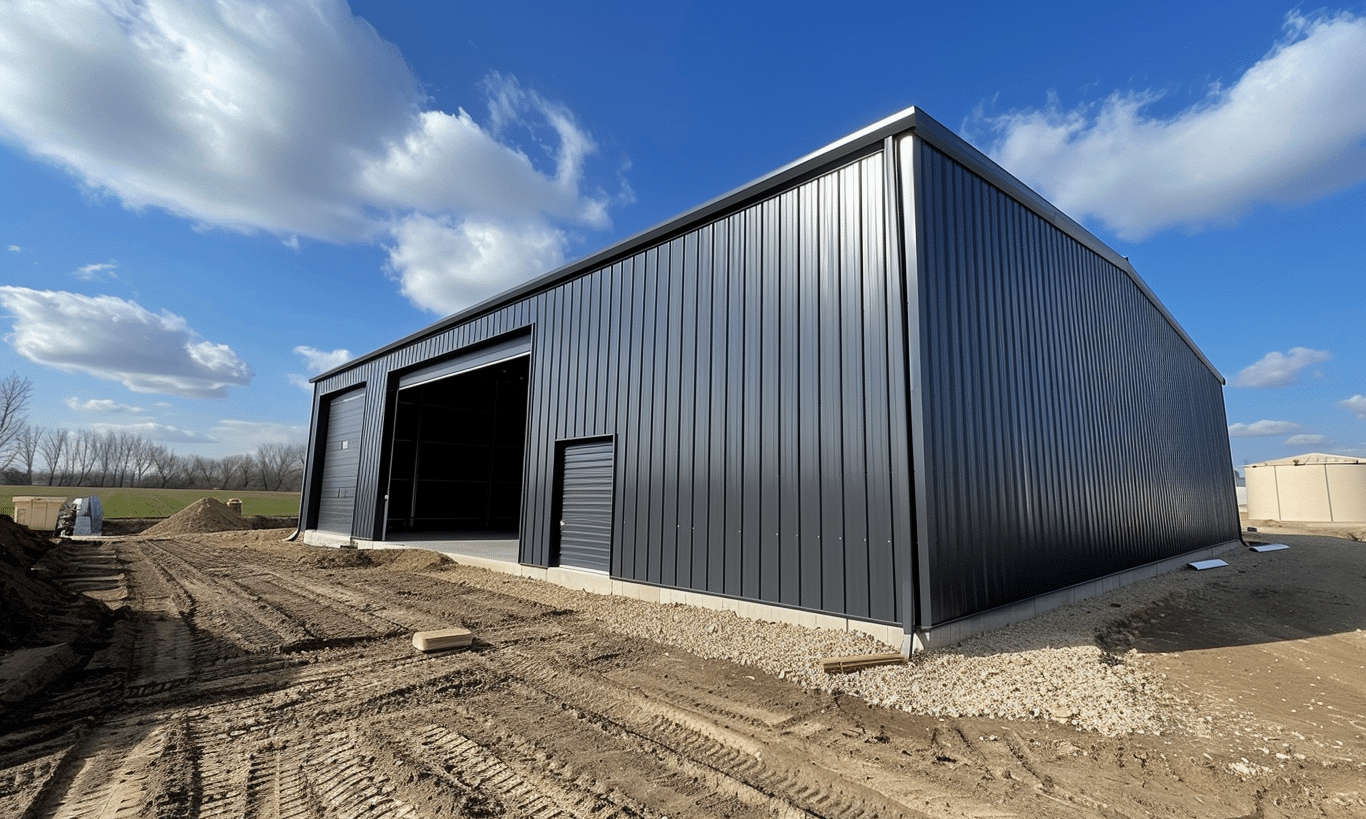
Snow Loads: The Weighty Challenge
In regions prone to heavy snowfall, the weight of accumulated snow can impose significant stress on a building’s roof. Adequate slope designs, paired with steel’s structural capabilities, ensure that these buildings remain steadfast under the heft of winter’s blanket. For a detailed-discussion on optimizing your budget for these design considerations, check out Budget Breakdown: Where to Save and Where to Splurge on Industrial Steel Projects.
Ensuring Fire Resistance: Adding Another Layer of Defense
Beyond environmental events, fire poses a critical risk. Steel structures employed in industrial buildings often include protective coatings, such as intumescent paint, enhancing their fire resistance while maintaining structural integrity even under extreme temperatures.
Future-Proofing Through Customization and Innovations
As the climate evolves, so too must our industrial facilities. By customizing designs to meet specific location needs and employing advanced technologies like Building Information Modeling (BIM) and simulation programs, safety and durability are no longer left to chance.
The flexibility offered in Customizing residential steel buildings extends into the industrial realm, allowing for solutions tailored to each facility’s unique demands while optimizing resource efficiency and sustainability.
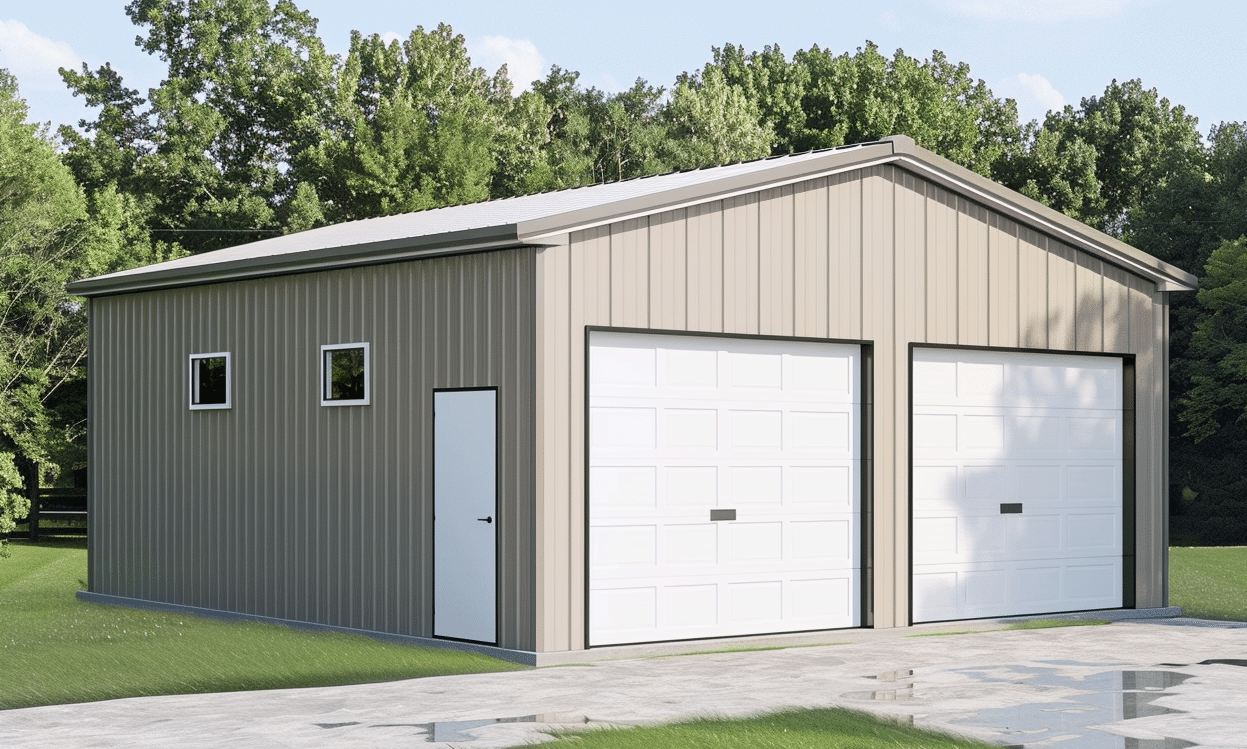
Conclusion: Building Resilience for the Future
Industrial steel buildings stand as fortresses against the forces of nature through their robust engineering principles, smart customizations, and the inherent properties of steel. As we’ve examined, their design involves thoughtful consideration of a myriad of extreme conditions ranging from seismic events to inclement weather and fire hazards. These structures not only provide safety and durability but also serve as pillars of innovation, evolving to meet the challenges of tomorrow.
By integrating these strategies and fully understanding the landscape of Industrial Steel Buildings Overview available at Industrial Steel Buildings Overview, businesses can secure their operations against nature’s unpredictabilities, promising not just survival, but success in even the most extreme conditions.
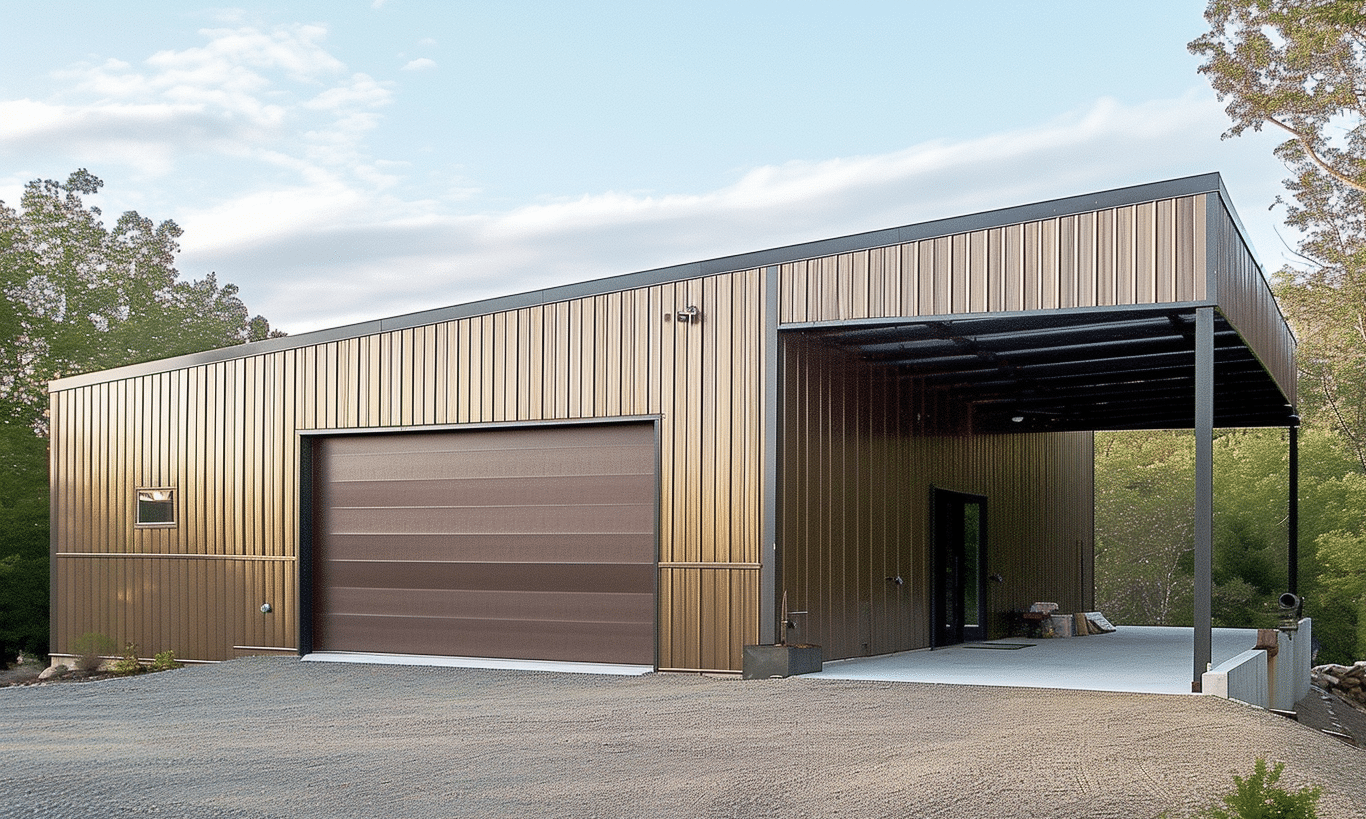
By embracing the principles outlined and continually innovating, the future of industrial steel buildings remains bright and resilient, ever-ready to face the future’s unseen challenges.
